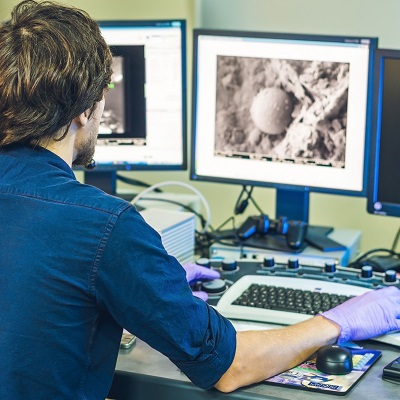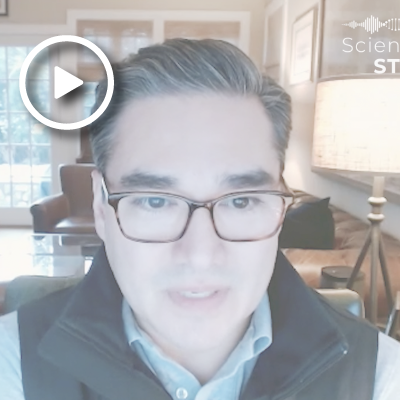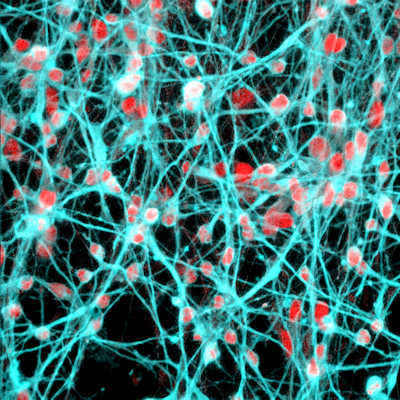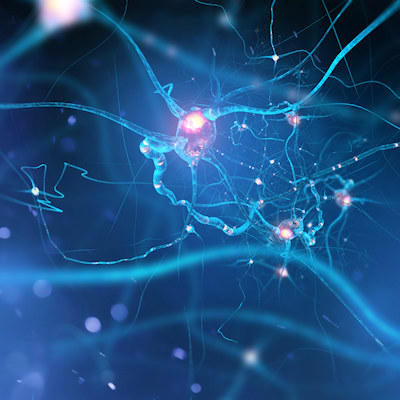November 21, 2022 -- Researchers out of Hong Kong have regenerated severed axons by deleting a specific gene and combining it with an interferon, which has implications for central nervous system (CNS) damage.
When the CNS is damaged there is typically a permanent loss of sensory and motor function because the severed axons are unable to regenerate. However, scientists from the Hong Kong University of Science and Technology deleted a phosphatase-coding gene, PTPN2, and that prompted axon regrowth in mice (Neuron, November 11, 2022).
In addition, when adding the type II interferon IFNγ, the process was accelerated and the number of regenerated axons increased. The scientists found deleting PTPN2 sustains the IFNγ-STAT1 activity in retinal ganglion cells to promote axon regeneration after injury. IFNγ is in the peripheral nervous system and upregulates cGAS expression in Schwann cells and infiltrates blood cells to produce cGAMP. This stimulates spontaneous axon regeneration as an immunotransmitter.
In essence, peripheral nervous system axons can direct the environmental innate immune response for self-repair and that mechanism can be used in the CNS, the researchers said.
Copyright © 2022 scienceboard.net











